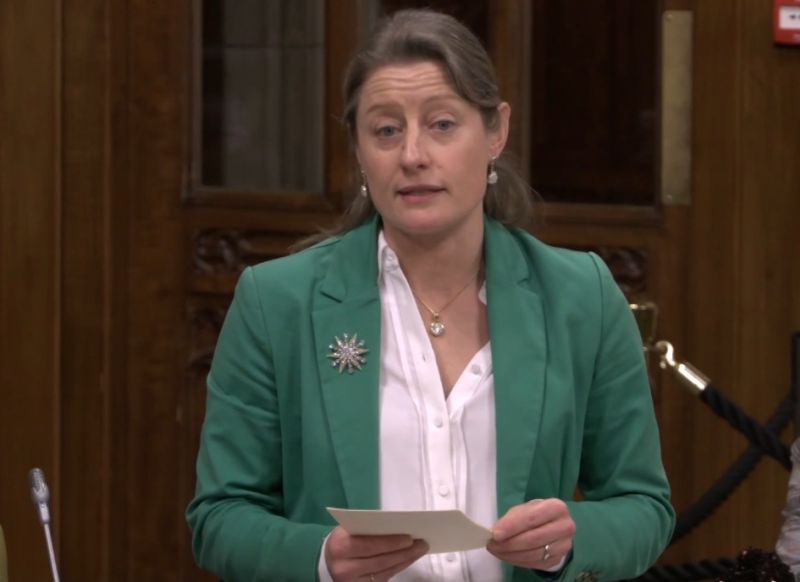Frozen Shoulder Link to Menopause
Frozen shoulder, also known as adhesive capsulitis, is a painful condition that restricts movement in the shoulder joint due to adhesion and inflammation in the joint capsule. While this condition can affect anyone, it is particularly common in women aged 40 to 60, with many cases coinciding with menopause.
What Is Frozen Shoulder?
Frozen shoulder is characterised by pain and stiffness in the shoulder joint. It progresses through two main stages: the painful stage, where movement becomes uncomfortable and often disrupts sleep, and the stiffness stage, where shoulder mobility is severely restricted. The exact cause isn’t always clear, but there are certain risk factors.
The Menopause Connection
Frozen shoulder tends to occur more frequently in women, especially during menopause. Hormonal changes, particularly declining oestrogen levels, can impact connective tissues, making them more prone to inflammation and stiffness. This hormonal shift may partly explain why women in midlife are at higher risk of developing the condition.
Signs and Symptoms
Key symptoms of frozen shoulder include:
- Pain: A deep, aching pain that worsens with movement. Night pain is common.
- Stiffness: As the condition progresses, shoulder movements become more restricted, making daily activities like dressing or reaching overhead challenging.
- Limited Range of Motion: Both active and passive movements are affected.
Risk Factors for Frozen Shoulder
- Age and Gender: Women between 40 and 60, especially those going through menopause, are at higher risk.
- Diabetes: Those with diabetes are more susceptible and often experience a more prolonged course of frozen shoulder.
- Thyroid Disorders: Hypothyroidism and other thyroid issues are linked to a higher likelihood of developing frozen shoulder.
- Immobilisation: Lack of movement after an injury or surgery can trigger the condition.
Treatment and Management Options
Physiotherapy: The Gold Standard
Physiotherapy is the cornerstone and is supported by the National Institute for Health and Care Excellence (NICE). It includes a combination of manual therapy, exercise, and education to relieve symptoms and improve shoulder function.
- Manual Therapy: Techniques like joint mobilisation and stretching are used to reduce stiffness and increase mobility.
- Exercise Therapy: A personalised exercise plan can help restore shoulder movement and build strength. Early in the painful stage, exercises are gentle, with intensity increasing as the shoulder improves.
- Patient Education: Understanding frozen shoulder, its natural progression, and expected recovery time is vital. Many patients worry about the severity of their pain, especially during menopause, but education can reassure them that frozen shoulder is manageable and temporary.
Injection Therapy: Corticosteroids and Hydrodilatation
For those whose pain severely limits rehabilitation, injection therapy can be an effective complement to physiotherapy.
- Corticosteroid Injections: These are most useful in the early painful stage, providing significant pain relief and reducing inflammation. This helps patients participate more actively in physiotherapy.
- Hydrodilatation: This procedure involves injecting a saline solution, often combined with a corticosteroid, into the joint capsule to stretch it and improve mobility. It’s typically used during the stiffness phase.
Can Frozen Shoulder Be Prevented?
While not always preventable, staying active and maintaining shoulder mobility can reduce the risk of developing frozen shoulder, particularly during menopause when hormonal changes increase vulnerability. If you experience early signs of stiffness or discomfort, seeking physiotherapy promptly can prevent the condition from worsening.
Role of Menopause in Frozen Shoulder Recovery
Due to hormonal changes, women going through menopause may experience a longer recovery time. However, with early intervention, including physiotherapy and, if necessary, injection therapy, most women see significant improvements within one to three years. Managing underlying conditions like diabetes or thyroid issues can also speed up recovery.
Conclusion
Frozen shoulder is a painful and limiting condition, but with the right treatment, particularly physiotherapy, most people can regain their shoulder mobility over time. For women experiencing menopause, the added risk makes it important to be proactive in addressing early symptoms. Whether through manual therapy, tailored exercises, or injection therapy, effective treatment can help you regain shoulder function and return to your regular activities.




















